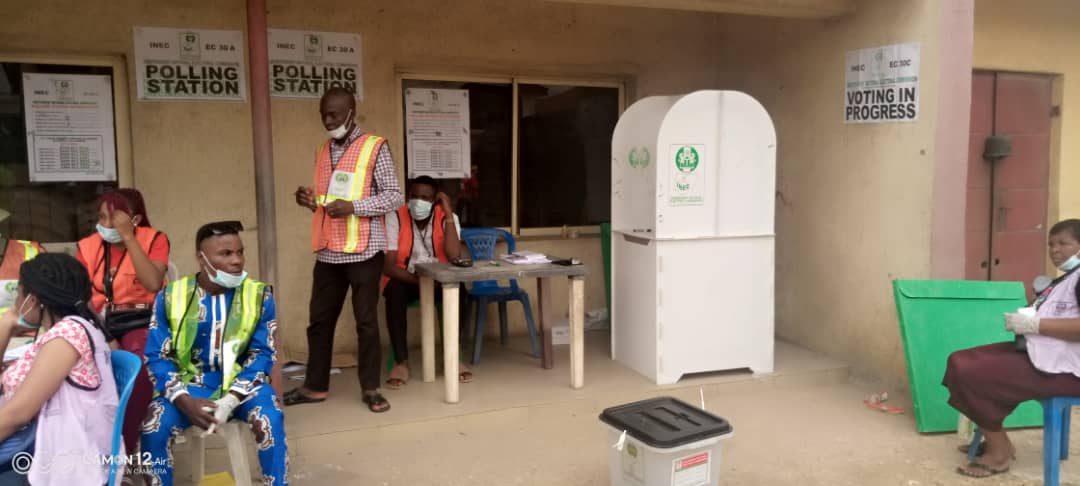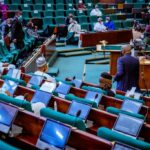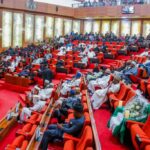The Centre for Democracy and Development (CDD) has urged the National Assembly to yield to the yearnings of Nigerians and finally deliver an electoral law that will secure the hard-earned democracy, and deliver an electoral ecosystem that respects the choices of Nigerians.
The Director CDD, Idayat Hassan, said on Saturday in Abuja in a position paper titled “Much Work remains to be done on Nigeria’s Electoral Bill, 2021” that while acknowledging positive changes reflected in the bill, call for some amendments proposed that are capable of reversing accumulated gains recorded in the past decades.
According to her, of particular concern is the prohibition on the transmission of votes electronically.
“Electronic transmission of votes is a core component of the recommendations for full digitization of the electoral process that we made ahead of this amendment.
“As a long standing election monitors, CDD West Africa have observed the chaos associated with manual elections collating, which are often messy, incoherent and susceptible to manipulations by individuals and political parties,” Hassan said.
She noted that the proposed bill gives Returning Officers (RO) powers to correct unit results.
She said that while CDD acknowledges that there are occasions where unit results genuinely need to be changed, there is a need to include provisos that will prevent abuse of those powers.
“In a recent CDD survey that drew respondents from all geopolitical zones in the country, 41 percent of respondents concluded that INEC staff favored candidates of the ruling party,” she said.
The position paper also highlights the alarming increase in the campaign spending limits across political offices. CDD argues that the proposed limits are extremely high.
“The new limit for Presidential Election, for example, is a 15 fold increase, while the limits for gubernatorial candidate are increased 25 fold,” she said.
The Centre argues that the proposed increment will constitute a major hurdle to the political advancement of women and youth candidates.
“Where such high limits on campaign financing are maintained, major political parties are highly likely to be disinclined toward nominating individuals deemed incapable of making significant contributions to their campaign or attracting heavy donations to fund the campaign,” Hassan said.
She added that instead the bill should have reviewed the definition of ‘election expenditure’ as it currently stands as this narrow definition of election expenditure offers a convenient legal loophole to candidates, allowing them to spend considerable amounts of money before the ‘official’ start of the campaign period.
While commending the full financial autonomy to INEC as it protects them from overbearing influence of the government in power, CDD notes that without clearly making provisions for a three-year rolling plan and twice yearly disbursement of budgeted funds to INEC as recommended, the electoral body may still struggle to meet the logistical requirements of delivering credible elections.
She said that another matter of concern is that the bill denies INEC powers to review already declared results in situations where there is evidence that ROs were forced by threats to declare the wrong candidate as winner.
“This was a key recommendation as proposed by election observers after an RO declared that he declared a winner under duress in the 2019 elections following threats to his life.
“CDD believes that ignoring this provision puts the lives of electoral officers further at risk, as there is a likelihood that politicians will further explore this method of rigging,” she said.
She therefore called that INEC should have powers to review already declared election results, where there is clear evidence that the RO was forced to declare a false election result.

 Join Daily Trust WhatsApp Community For Quick Access To News and Happenings Around You.
Join Daily Trust WhatsApp Community For Quick Access To News and Happenings Around You.


